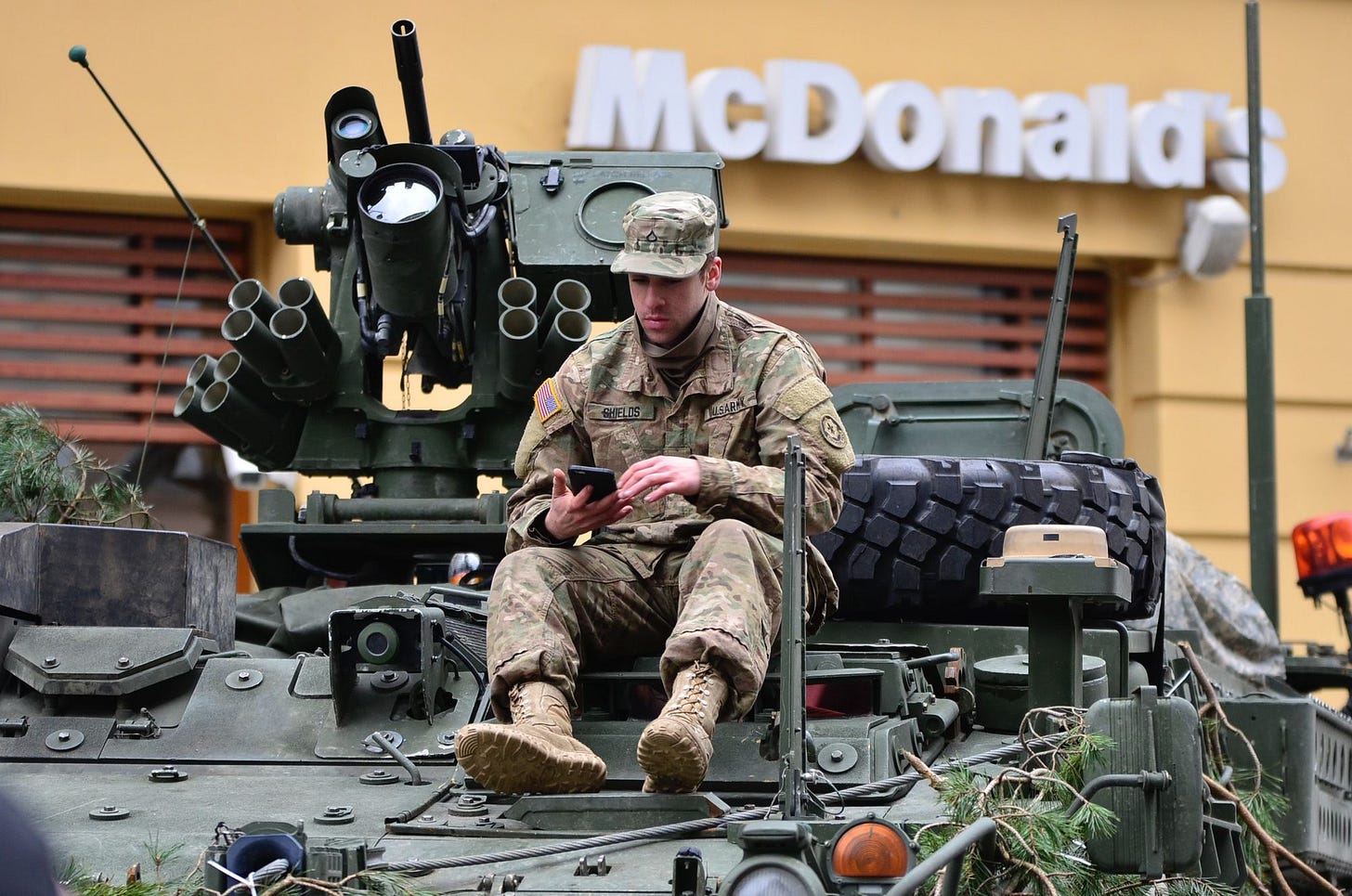Neocons Don’t Understand the Conservative Foreign Policy Debate

There is a debate about foreign policy happening within the “conservative movement.” The problem is that neoconservatives—who, maddeningly, still occupy the most prominent perches in public discourse—are actively misrepresenting what the debate is about.
The Washington Post recently ran one such piece—which is why I feel the need to beat this drum again—…



